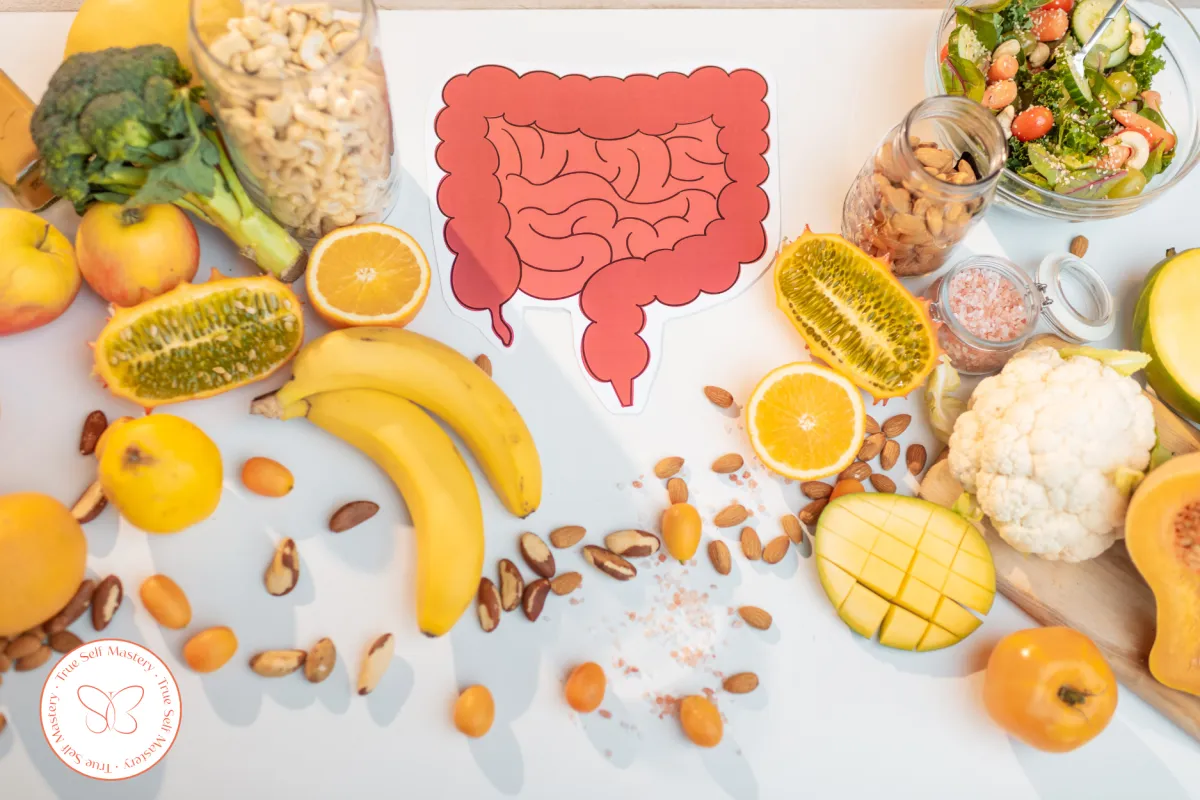Blogs

Understanding Inflammatory Foods and Their Impact on Gut Health
What Are Inflammatory Foods?
Inflammatory foods are those that can cause inflammation in the body. Inflammation is a natural immune response to injury or infection, but chronic inflammation can be harmful. When certain foods lead to prolonged inflammation, they can contribute to various chronic diseases and negatively impact gut health.
How They Affect Gut Health
Inflammatory foods can disrupt the gut's delicate environment in several ways:
Damage to Gut Lining: Inflammatory foods can damage the gut lining, making it more permeable. This condition, often referred to as "leaky gut," allows harmful substances to enter the bloodstream, triggering inflammation.
Imbalance in Gut Microbiota: These foods can also alter the balance of gut microbiota (the good and bad bacteria in the gut). An imbalance can lead to digestive issues, weakened immunity, and increased inflammation.
Trigger Immune Response: Inflammatory foods can provoke the immune system, causing it to overreact and contribute to chronic inflammation throughout the body.
Common Inflammatory Foods
Here are some typical examples of inflammatory foods you might encounter:
Processed Foods: These often contain unhealthy fats, additives, and preservatives that can cause inflammation.
Refined Sugars: Found in sugary snacks, sodas, and desserts, refined sugars can spike insulin levels and promote inflammation.
Trans Fats: Often found in fried foods, margarine, and baked goods, trans fats are particularly inflammatory.
Red and Processed Meats: These can cause inflammation due to their high levels of saturated fats and preservatives.
Artificial Sweeteners: These can disrupt gut bacteria, contributing to inflammation.
Benefits of Avoiding Inflammatory Foods
Avoiding inflammatory foods can have several health benefits:
Improved Gut Health: Reducing inflammation helps maintain a healthy gut lining and balanced microbiota, promoting better digestion and nutrient absorption.
Enhanced Immune Function: A healthy gut supports a more robust immune system, improving your body's ability to fend off illnesses.
Reduced Risk of Chronic Diseases: Chronic inflammation is linked to conditions like heart disease, diabetes, and autoimmune disorders. Avoiding inflammatory foods can lower your risk.
Better Mental Health: Emerging research suggests a link between gut health and mental well-being. Reducing inflammation can improve mood and cognitive function.
Alternatives to Inflammatory Foods
To support gut health, consider these anti-inflammatory alternatives:
Whole Fruits and Vegetables: These are rich in fiber, vitamins, and antioxidants, which help reduce inflammation.
Whole Grains: Swap refined grains for whole grains like quinoa, brown rice, and oats.
Healthy Fats: Choose sources of healthy fats such as avocados, nuts, seeds, and olive oil.
Lean Proteins: Opt for lean meats, fish (rich in omega-3 fatty acids), and plant-based proteins.
Natural Sweeteners: Use honey or maple syrup in moderation in place of refined sugars.
Conclusion
Making informed dietary choices can significantly improve your gut health and overall well-being. By understanding which foods cause inflammation and choosing healthier alternatives, you can take proactive steps toward a healthier lifestyle. Remember, a happy gut is key to a happy and healthy life.


